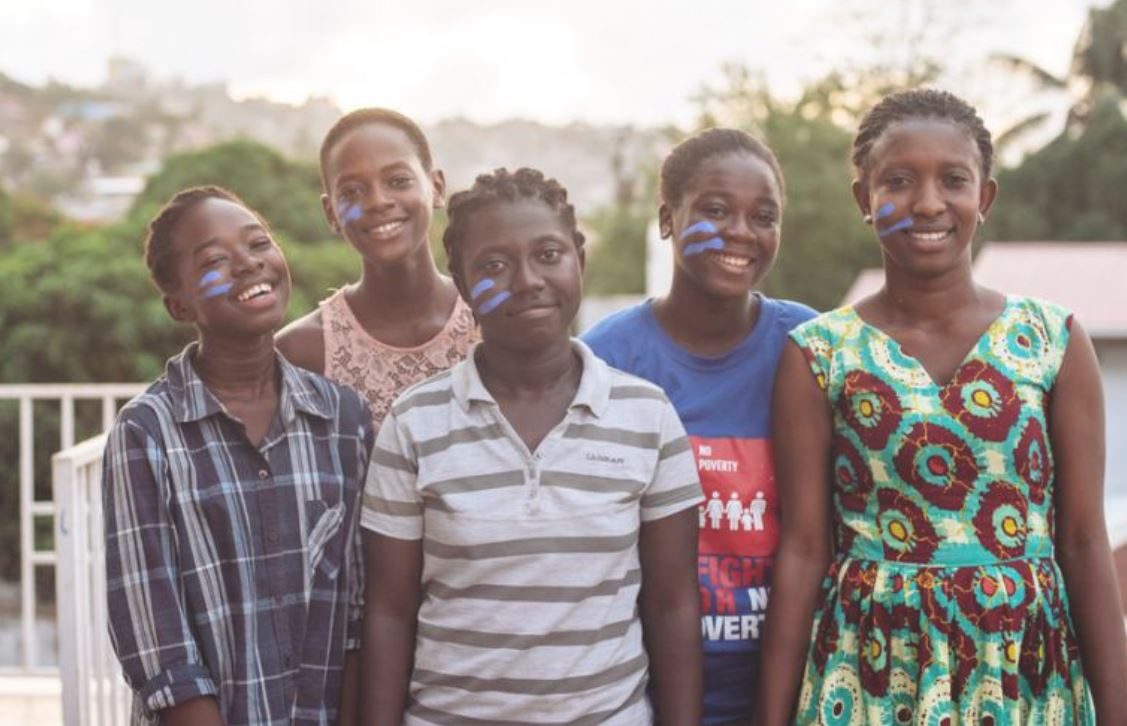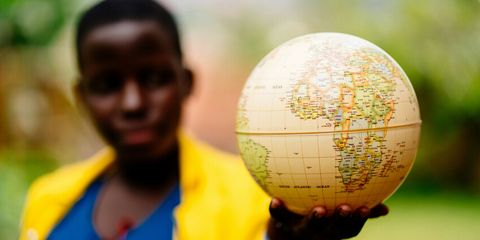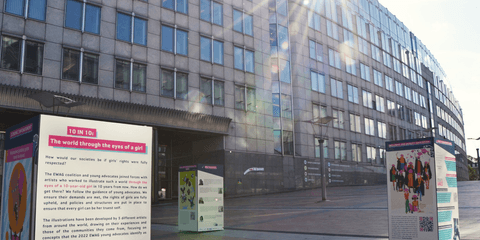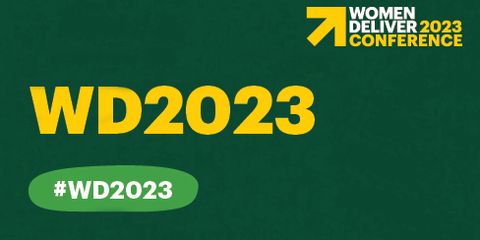Gender equality in EU foreign and security policy: girls and young women key drivers of change
23 October 2020The European Parliament’s Women's Rights and Gender Equality Committee (FEMM Committee) has led on a report on Gender Equality in EU foreign and security policy, which calls for the systematic integration of gender equality in the EU’s external policies. The report has been voted on this morning (23rd October) in plenary. Plan International welcomes the adoption of the report by the European Parliament as it extends the EU’s commitment to protect and empower girls and women in all its external actions, and recognises girls and young women in all their diversity as key drivers of change in the Women, Peace and Security framework. The report is an opportunity to reinforce the EU Women, Peace and Security Action Plan adopted in 2019, and to influence the EU’s Gender Action Plan III (2021-2025) that will play a central role in delivering the vision set out in the report.

The report led by the FEMM Committee comes at a pivotal moment: not only is it marking the 20th anniversary of UNSCR1325 setting forth the Women, Peace and security agenda, and is it coinciding with the drafting of Gender Action Plan III (2021-2025), it is also appearing midst of the COVID-19 crisis which is revealing that a shift of mindset in the EU’s foreign policy is needed to adequately overcome inequalities. The report voted by the European Parliament is instrumental in steering the focus of EU’s foreign and security policy towards human security by putting people in all their diversity at the centre, truly leaving no one behind. It calls for the mainstreaming of a “gender-transformative vision” and “insists that gender equality should be a core value in all EU external action”.
Most importantly, Plan International EU Office welcomes the report as it addresses the blind spot of the EU Women, Peace and Security Action Plan, by making girls and young women visible in this framework and acknowledging that girls and young women face heightened risks in conflict and crisis settings, and face specific challenges to their participation. It recognises girls and young women as key drivers of change in conflict resolution and recovery, and calls to “support their safe, meaningful and inclusive participation”, as well as to consult with youth-led organisations. Only when the voices of the most impacted and the most marginalised will be heard will we able to achieve positive and long-lasting conflict resolution, peacebuilding and recovery. In addition, the report calls for a renewed commitment to tackling sexual and gender-based violence and for making sexual and reproductive health and rights a priority in the EU’s humanitarian operations. This is essential as girls’ and women’s power can only be unlocked if they are safe and able to lead a self-determined life. Finally, we at Plan International strongly support that the vision set in the report should be backed with ambitious levels of funding, in particular that 85% of Official Development Assistance (ODA) go to programmes which have gender equality as a significant or principal objective. We regret, however, the lack of commitment in the report that 20% of ODA go to programmes which have gender equality as a principal objective, instead of a “substantial amount” which does not hold the EU sufficiently accountable. These commitments are essential to ensure that the EU is able to deliver on its commitments on gender equality.
Categories: Campaigns


